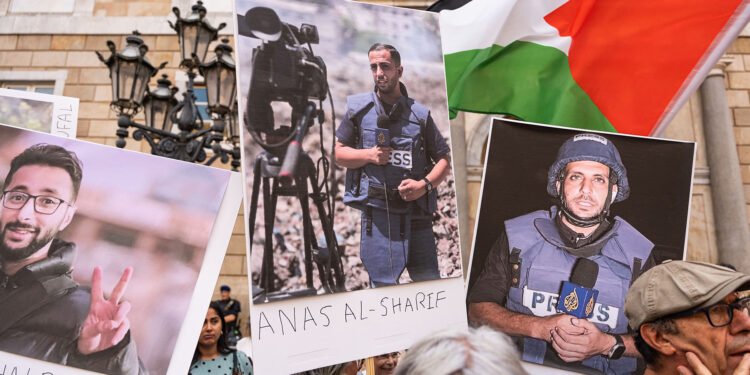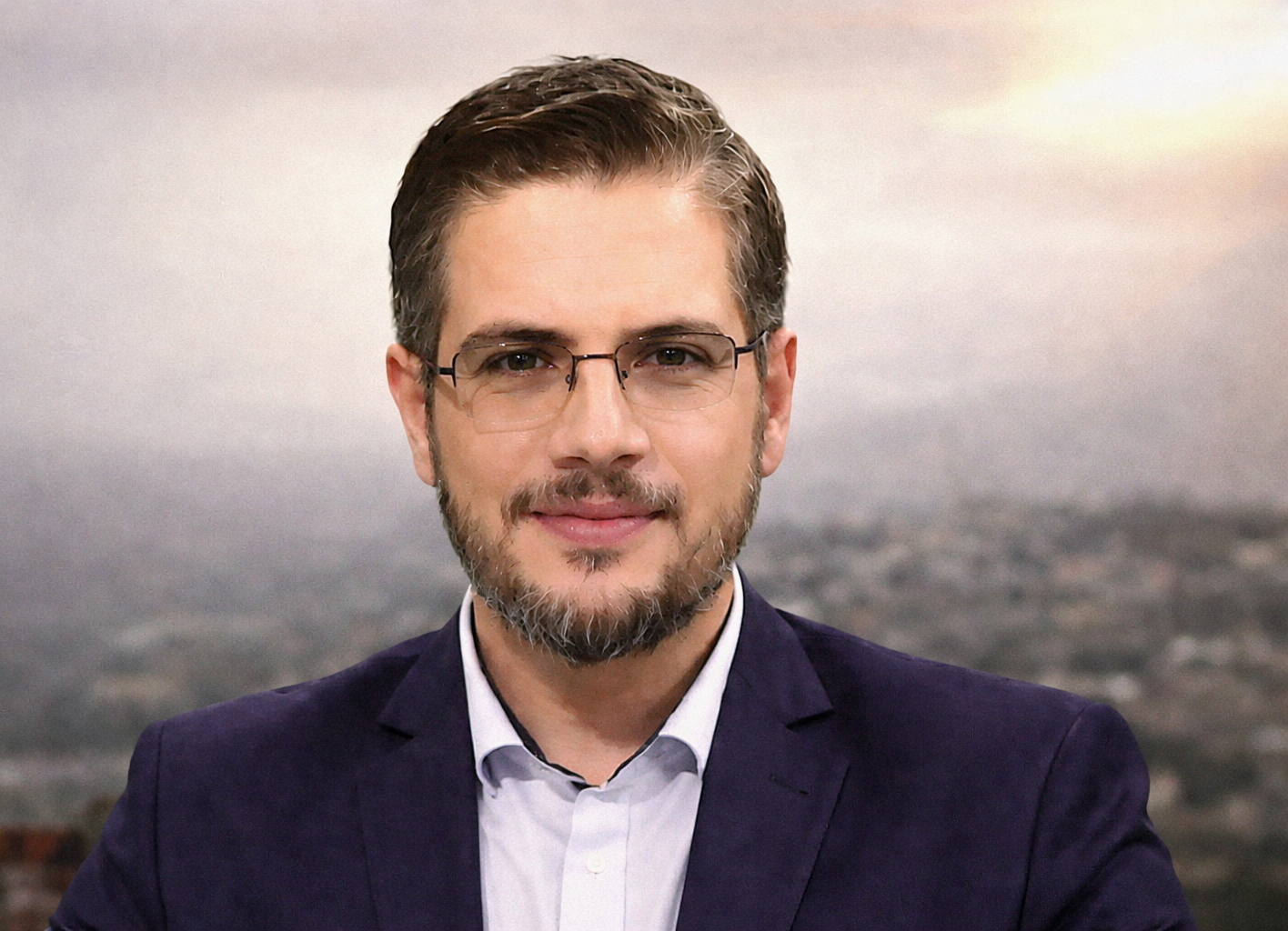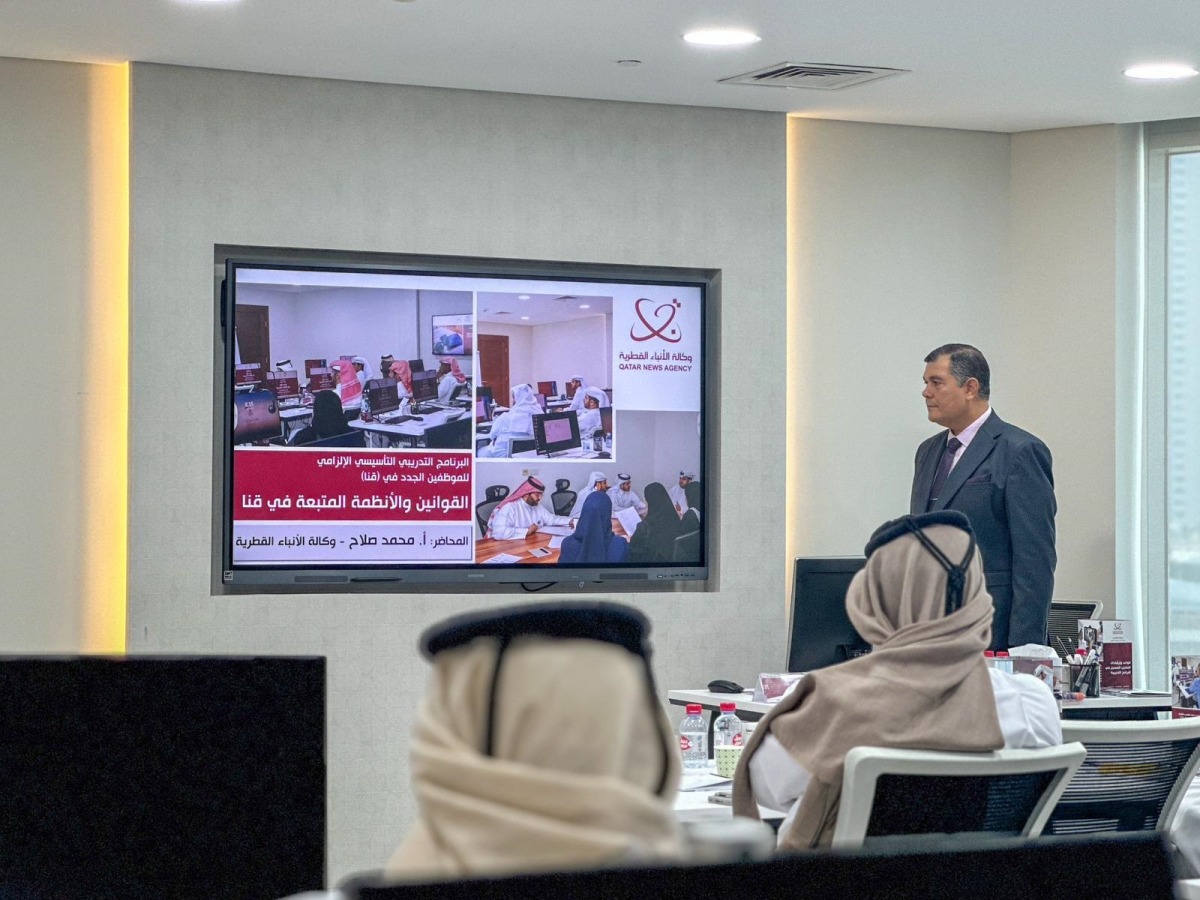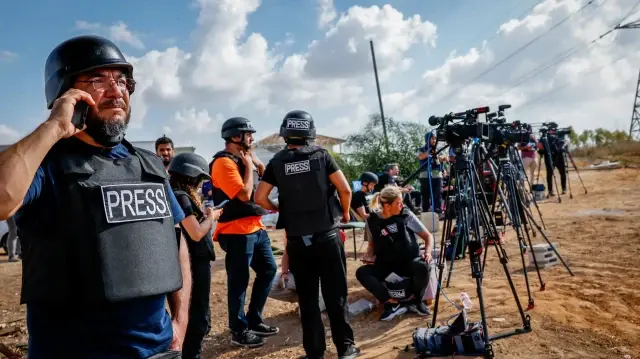
National Press Club to Honor Imprisoned Journalist Dong Yuyu and Amplify Call for His Release
August 20, 2025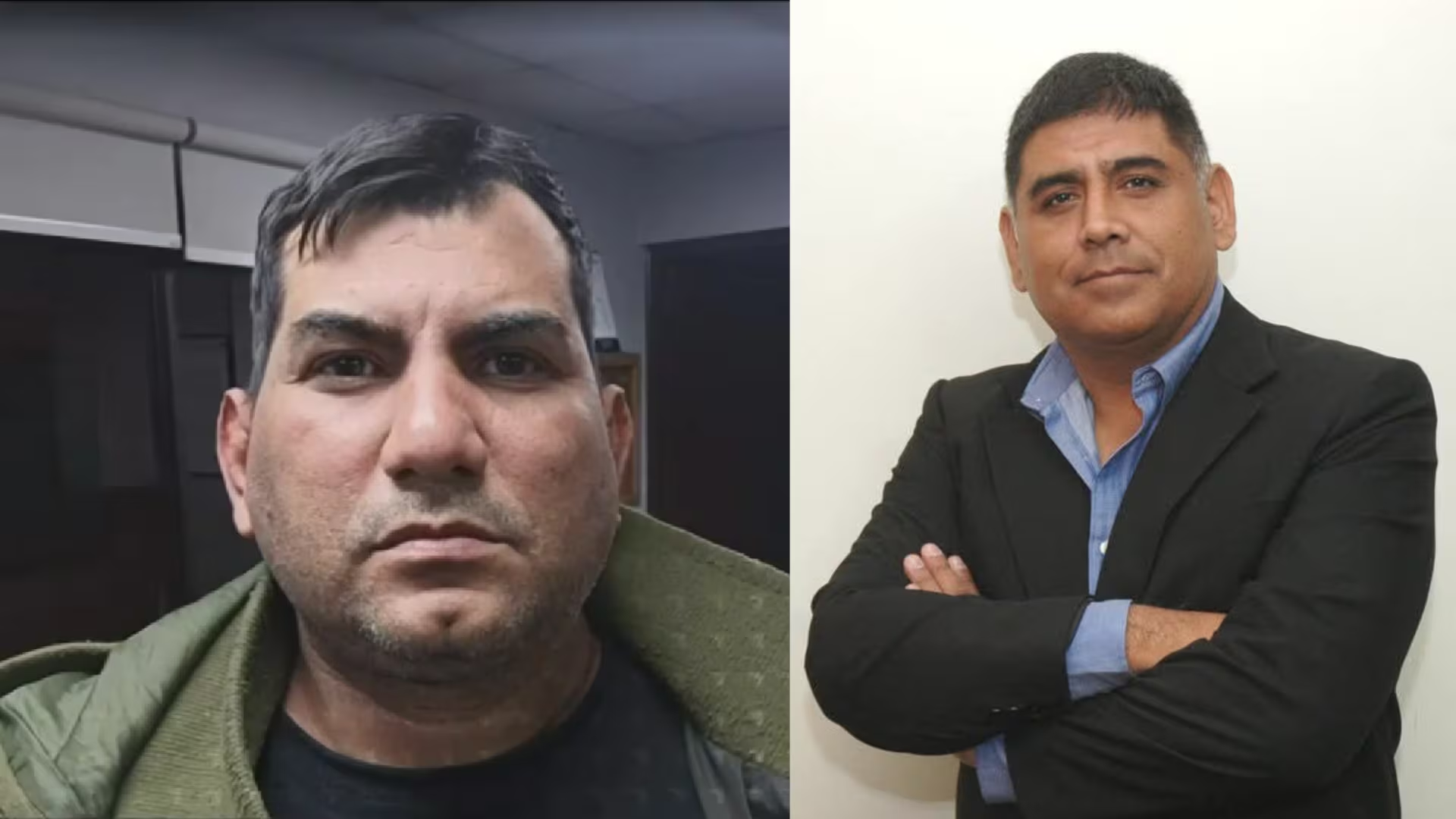
Suspected Assassin of Peruvian Journalist Gastón Medina Arrested in Chile
August 20, 2025Journalists and media workers from Barcelona protest and express solidarity with the Al-Jazeera journalists and cameramen killed in Gaza while resting in their tent, in Barcelona, Spain, on August 13, 2025. Their names are Anas al Sharif, Mohammed Qreiqeh, Ibrahim Zaher, Moamen Aliva, and Mohammed Noufal. (Photo by Marc Asensio/NurPhoto via Getty Images)
August 20, 2025 – Palestine –
In his August 20, 2025, commentary, freelance journalist Dario Sabaghi exposes how recent strikes on media workers in Gaza—most notably the August 10 attack on an Al Jazeera crew—underscore a troubling, long-standing pattern of violence that empowers entrenched impunity.
Sabaghi argues that the deliberate targeting of journalists not only thwarts independent reporting but also normalizes such attacks, emboldening Israeli forces to continue them without fear of accountability. He observes that these assaults echo past incidents in the Occupied Palestinian Territories, signaling that such violence is systemic—part of a broader strategy to shape narratives by silencing witnesses.
This impunity is further supported by international monitoring bodies. The United Nations and press freedom organizations have documented a discouraging reality: “not a single case of a journalist killed, injured, or harassed in the Occupied Palestinian Territory has been transparently investigated or resulted in prosecution.” This void in justice substantially weakens journalists’ protection under international humanitarian law.
Factual data underscores the magnitude of this tragedy: The Gaza conflict has become the deadliest period for media professionals in decades. Estimates show that over 116 journalists (mostly Palestinians) have been killed by Israeli actions, along with the damage or destruction of dozens of media facilities—constituting potential war crimes.
Sabaghi’s analysis is situated within this broader context of escalating attacks and systemic disregard for press safety. By framing these assaults as part of a deliberate campaign to eliminate credible reporting, he calls attention to the larger consequences—not only for journalists but also for truth-telling itself.
Absent intervention, this cycle of violence threatens journalism’s ability to operate in conflict zones. Protecting press freedom, Sabaghi implies, requires more than statements—it demands meaningful accountability that breaks the current pattern of unpunished repression.
Reference –

